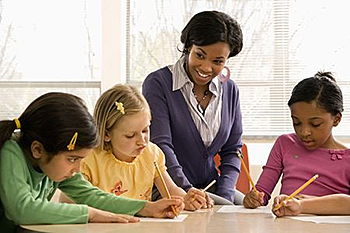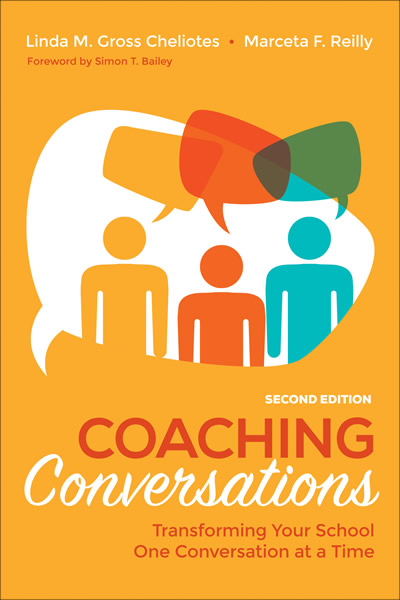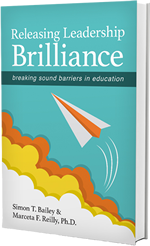 “People will forget what you said; people will forget what you did; but people will never forget how you made them feel.” Maya Angelou
“People will forget what you said; people will forget what you did; but people will never forget how you made them feel.” Maya Angelou
William, an African-American, in my 6th grade science class came to me with a reputation. Most teachers kept a wide berth around William because of his quick defense any time a teacher tried to stop his disruptive behavior or encourage him to put in a little effort. “You’re just pickin’ on me ‘cuz I’m black,” was William’s signature response.
I had a problem on my hands. I knew that if I didn’t find a way to work with William, it was going to be a very long year.
So I set out to try and learn more about William. I talked with him outside of class, asking how his weekend had been, what his interests were. When there was a new science concept in class, I asked him individually for his input and ideas about the topic. Most of all, I showed William (along with the rest of the class) that they were learning to think scientifically.
When Spring testing time came, I was not in class the day of the science portion of the test, but I assured the students that they knew enough to be good scientific thinkers and they’d do fine on the test.
Later in the week William stopped me in the hall and asked if we could talk. We sat down and he solemnly told me that things hadn’t been good while I was away. My heart sank. Then he broke into a big grin and he exclaimed “Nah, I was just teasing you! I did just what you taught us – I used scientific thinking — and I think I did really good!”
In our upcoming book, Releasing Leadership Brilliance, my co-author, Simon Bailey, tells about his cousin, Maia Stephens. Maia has been a highly successful educator in a Title I school in a high-poverty area in Detroit for over 18 years. She said:
“When my students from earlier in my career come back to visit me at school very few of them will mention the innovative lessons that I taught. They rarely mention how creative they were. They mention the love that I showed them, and the words of motivation I gave them.”
Relationship building isn’t something that we’re taught to do as educators. We’re there to teach, and often to be disciplinarians. But when we connect with students on a personal level, something special happens. Their self-esteem develops, they recognize their own ability to learn, and they understand the value of education.
Sometimes it’s not easy to build good relationships with students – as educators we have enormous demands on our time, and of course there are students that are difficult to deal with, or simply not interested. But one thing is certain – when schools establish relationship building as a priority, the entire school community – students, educators, and families – thrive.









Comments on this entry are closed.